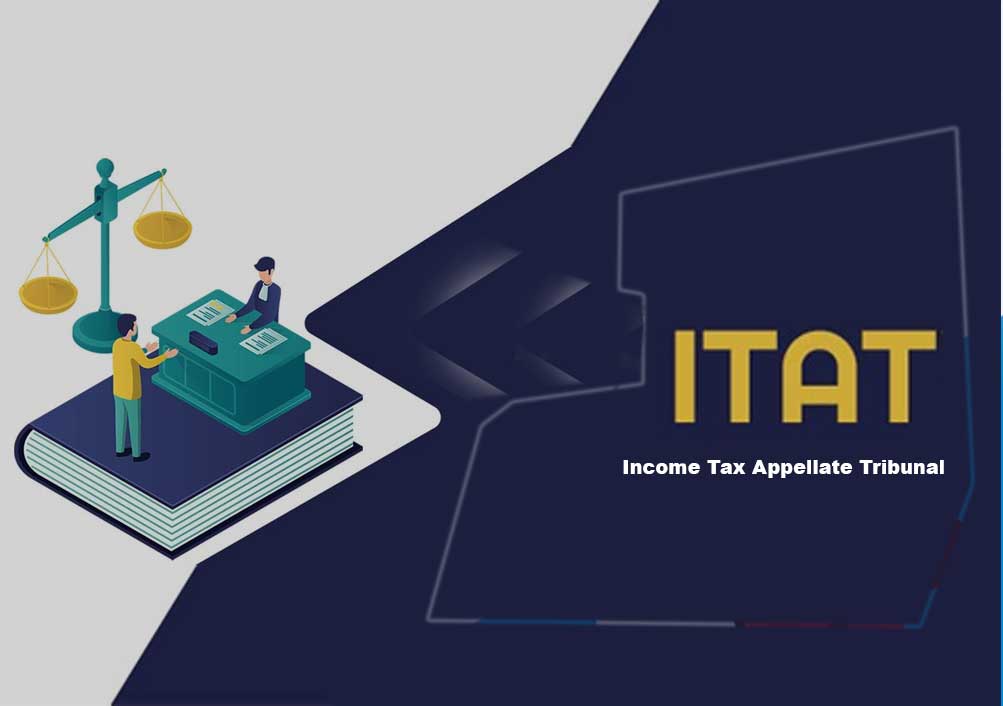In ITA No.705/Chny/2018 – ITAT - ITAT (Chennai) rules that trust established with the purpose of benefiting a specific sub-caste is not eligible for registration under Section 12AA of the Income Tax Act
Members V. Durga Rao (Judicial) & G. Manjunatha (Accountant) [10-05-2023]

Chahat Varma
New Delhi, May 25, 2023: The appeal filed by Arulmigu Aathi Karumapuram Sellandiamman Kudipaattukarakal Seva Trust (the assessee trust) has been dismissed by the Chennai bench of the Income Tax Appellate Tribunal. The Tribunal has ruled that the assessee trust was established with the purpose of benefiting a specific sub-caste, making it a private religious trust and thus, the assessee trust was not eligible for registration under section 12AA of the Income Tax Act.
Brief facts of the case were that the assessee trust, filed an application for registration under section 12AA of the Act. The CIT(E) reviewed the contents of the trust deed and issued a show cause notice to the trust, raising concerns that it was established solely for a specific sect of the Hindu religion. The notice also highlighted certain clauses in the trust deed that were based on caste lines, which were deemed contrary to the government's public policy. After examining the submissions made by the assessee trust and considering the objectives of the trust deed, the CIT(E) concluded that as per the provisions of section 11 of the Act, trusts seeking income tax exemption must primarily serve the interests of the public at large. Based on this, the CIT(E) rejected the trust's application for registration under section 12AA of the Act.
The bench comprising of V. Durga Rao (Judicial) and G. Manjunatha (Accountant) observed that the assessee trust had been established exclusively for the Poruleentha Kula Vellala Gounder, a sub-sect of the Vellala Gounder community. The bench determined that since the trust was created specifically for the benefit of this particular sub-caste, it qualified as a private religious trust. Consequently, the bench concluded that the trust was not eligible for registration under section 12AA of the Act.
The bench further dismissed the assessee's claim that the trust was providing services to six other temples and was open to the public at large. The bench held that these six temples were under the control of the Hindu Religious & Charitable Endowments Department of Tamil Nadu and were fully maintained by the Government of Tamil Nadu.
Sign up for our weekly newsletter to stay up to date on our product, events featured blog, special offer and all of the exciting things that take place here at Legitquest.




Add a Comment